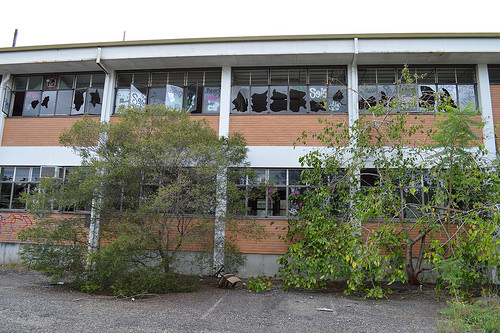One of the first things that Narendra Modi did after taking over as Prime Minister of India was to order bureaucrats to clean rooms, corridors and staircases of rubbish in the largely filthy government offices and to destroy all useless paper files. He also ordered them to start reaching their offices by 9.00 am. Finally, he instructed them to get computer savvy and to clear files pronto.
So Modi is a cleanliness freak. But will the small steps that he has taken really help?
While thinking of what Prime Minister Modi had done, I was reminded of the broken windows theory. According to Wikipedia, the criminological theory states that ‘maintaining and monitoring urban environments in a well-ordered condition may stop further vandalism and escalation into more serious crime.
The broken windows theory was first introduced by social scientists James Q. Wilson and George L. Kelling, in an article titled “Broken Windows” which appeared in the March 1982 edition of The Atlantic Monthly. The title comes from the following example:
Consider a building with a few broken windows. If the windows are not repaired, the tendency is for vandals to break a few more windows. Eventually, they may even break into the building, and if it’s unoccupied, perhaps become squatters or light fires inside.
Or consider a pavement. Some litter accumulates. Soon, more litter accumulates. Eventually, people even start leaving bags of refuse from take-out restaurants there or even break into cars.’
The Indian government offices were filthy and got filthier because no one cared – the broken windows theory was at play. By insisting on cleanliness and timeliness, Prime Minister Modi is likely to bring about major attitudinal and behavioural changes amongst the largely inefficient and corrupt bureaucracy. What he had ordered may seem small but, overtime, this may have a major impact.
We can also use the theory to our advantage in our neighbourhoods. For example, if a spot starts getting used as a dumping ground, we should get it cleared as soon as possible. Else, before you know it, it will become a permanent dump yard.
Taking quick action on little things matters. Or those little things may soon become big problems.
Visual Courtesy:https://www.flickr.com/photos/drainrat/







